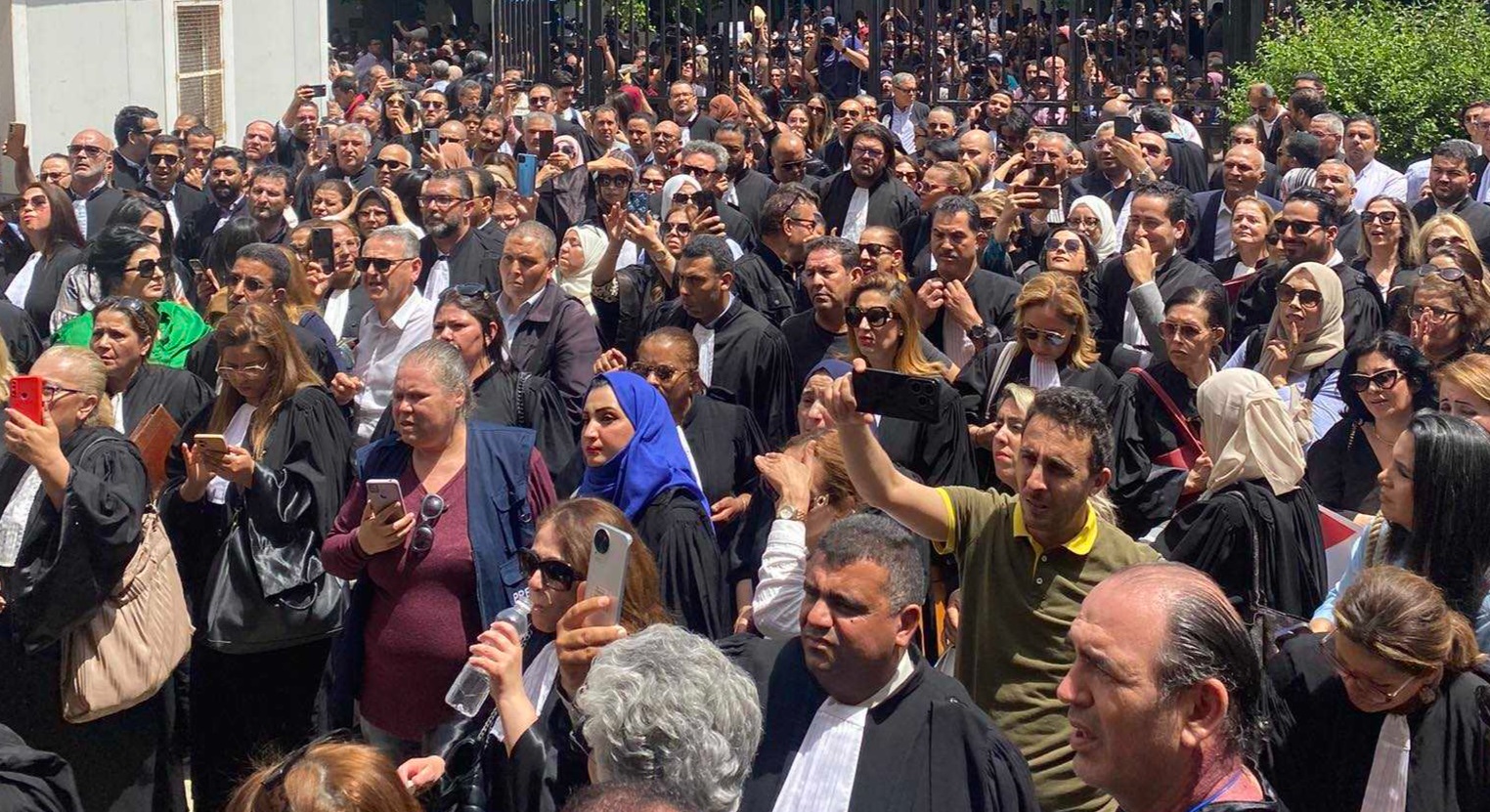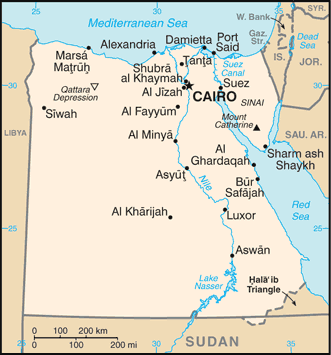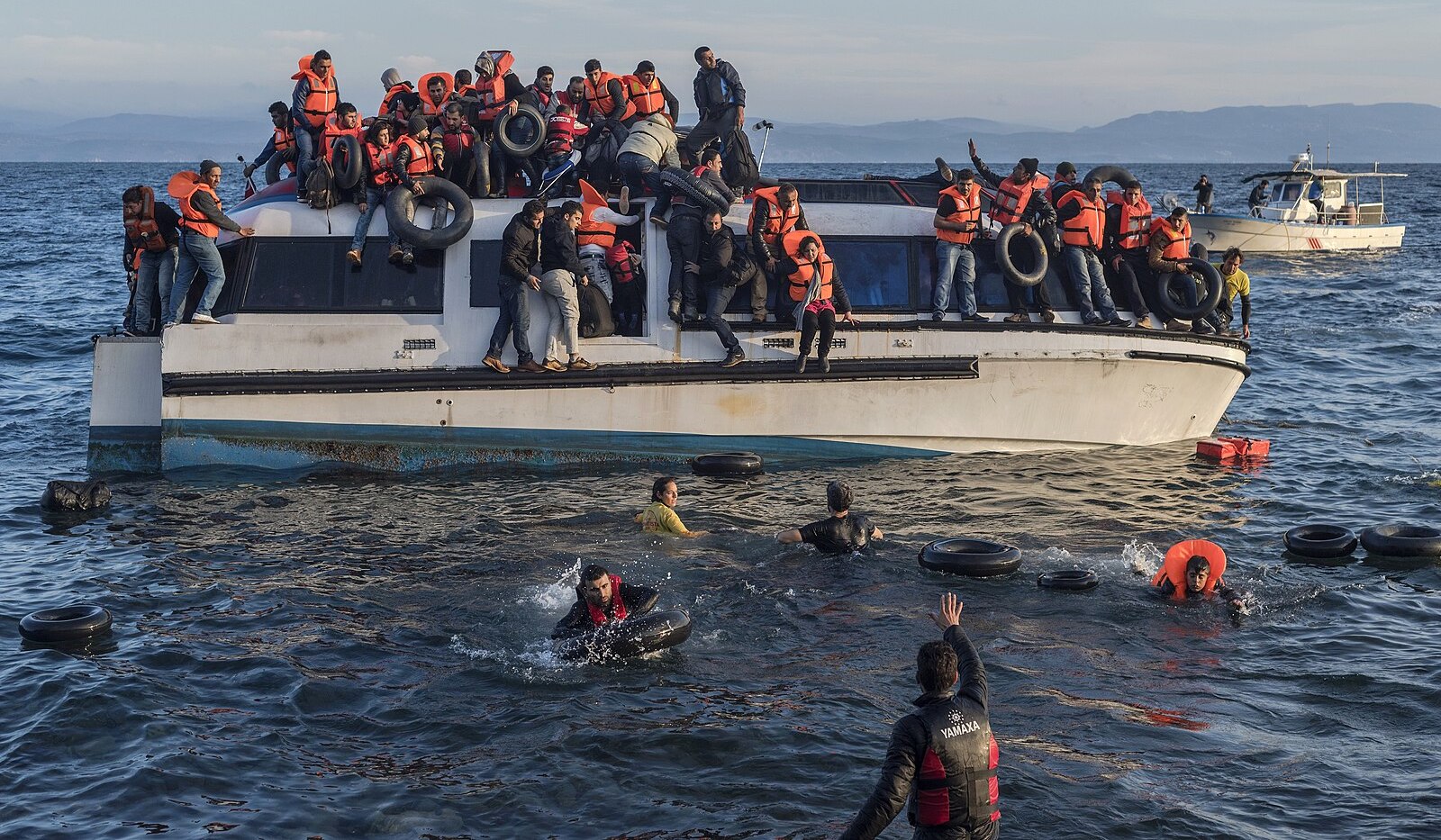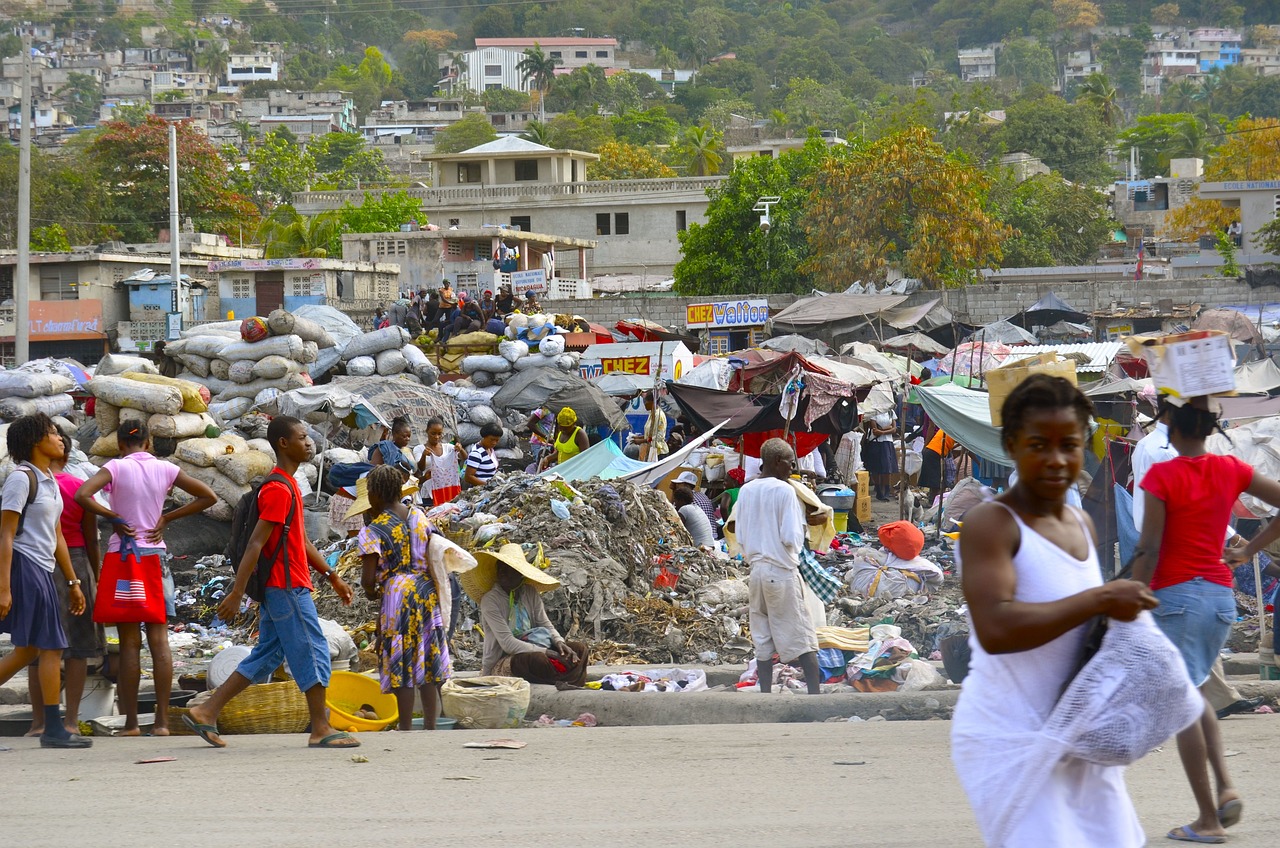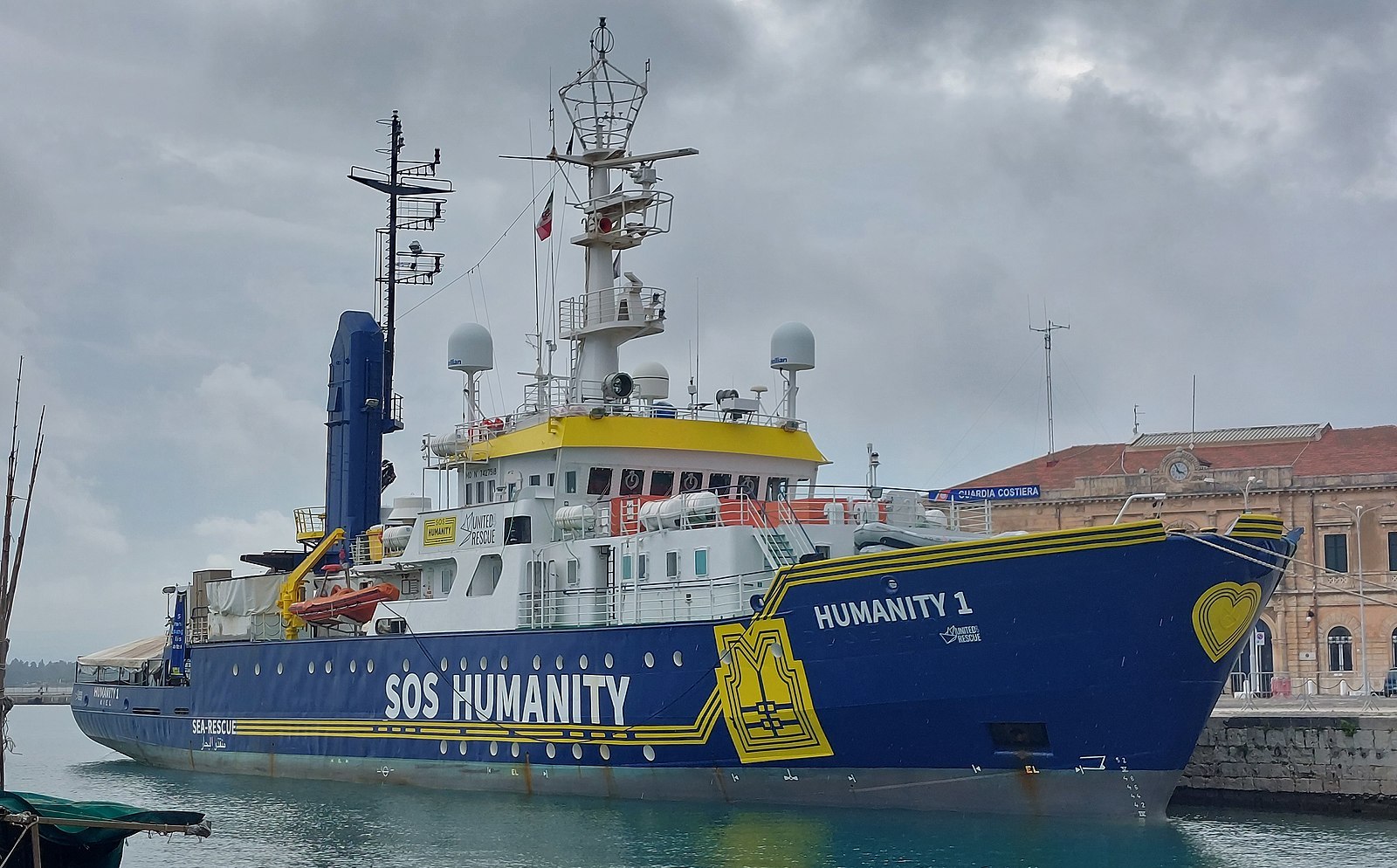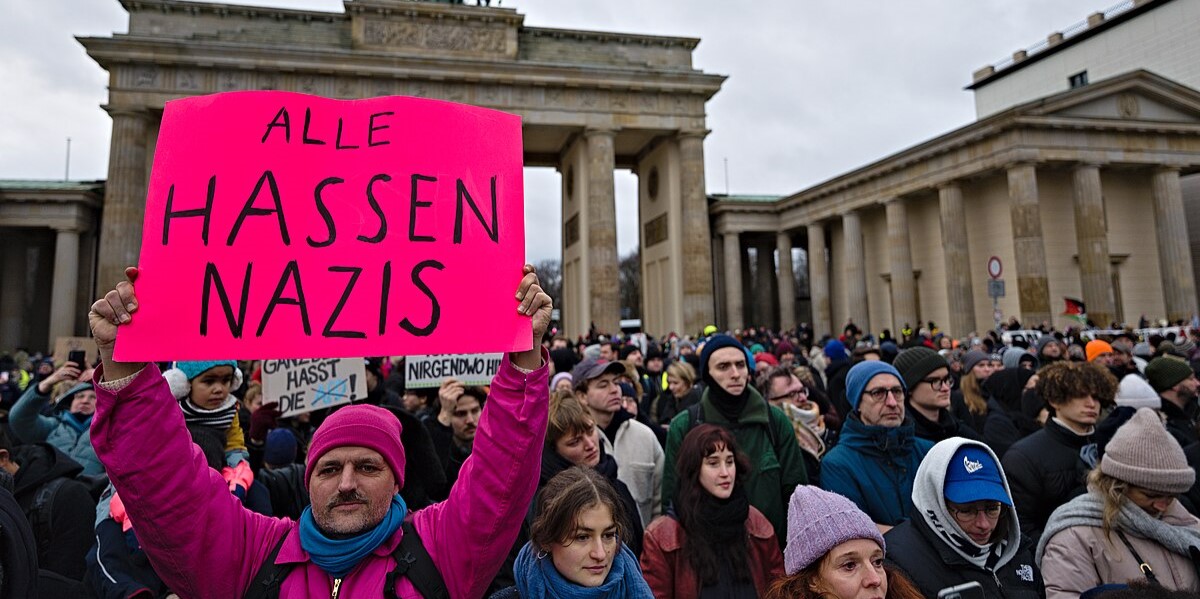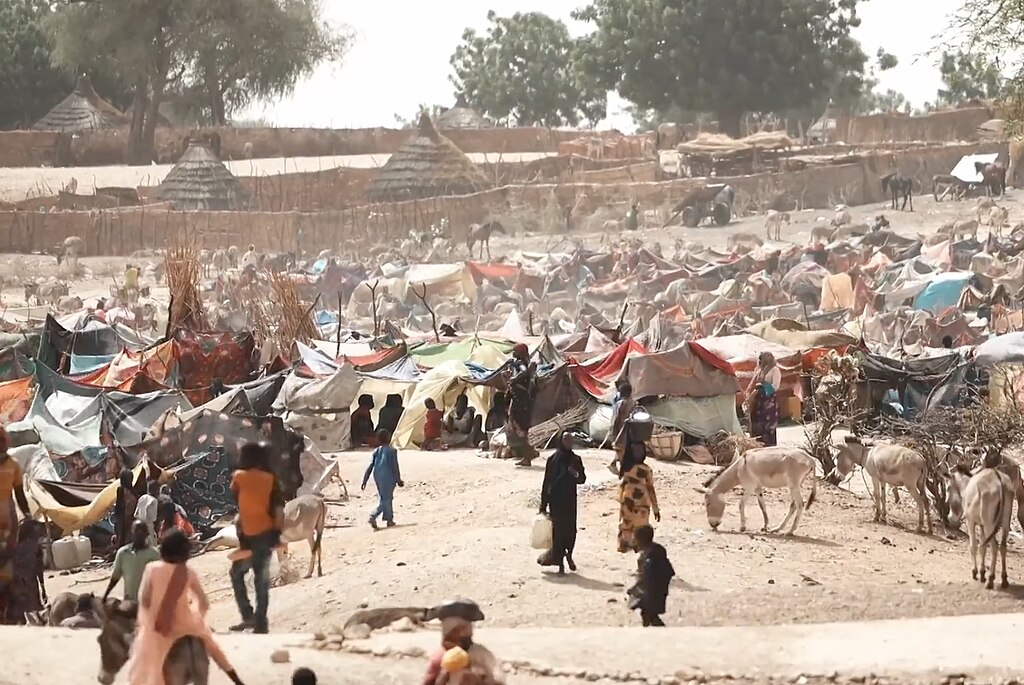
Record 117 million forcibly displaced worldwide: UN
The UN Refugee Agency (UNHCR) reported that a record number of 117.3 million people around the world were forcibly displaced as of the end of 2023. The agency expects this number to rise to over 120 million cases by the end of this year, especially noting the situations in Sudan, Burma and Palestine. The conflict in Sudan that began in April 2023 has led to 6 million becoming internally displaced persons (IDPs) with 1.2 million people forced into neighboring countries as refugees. In Burma, conflict since the military coup of 2021 has resulted in 1.2 million IDPs, while over 75% of the population in Gaza was displaced between October and December amid the ongoing bombardment of the enclave. (Photo of Sudanese refugees in Chad: Henry Wilkins/VOA via Wikimedia Commons)



